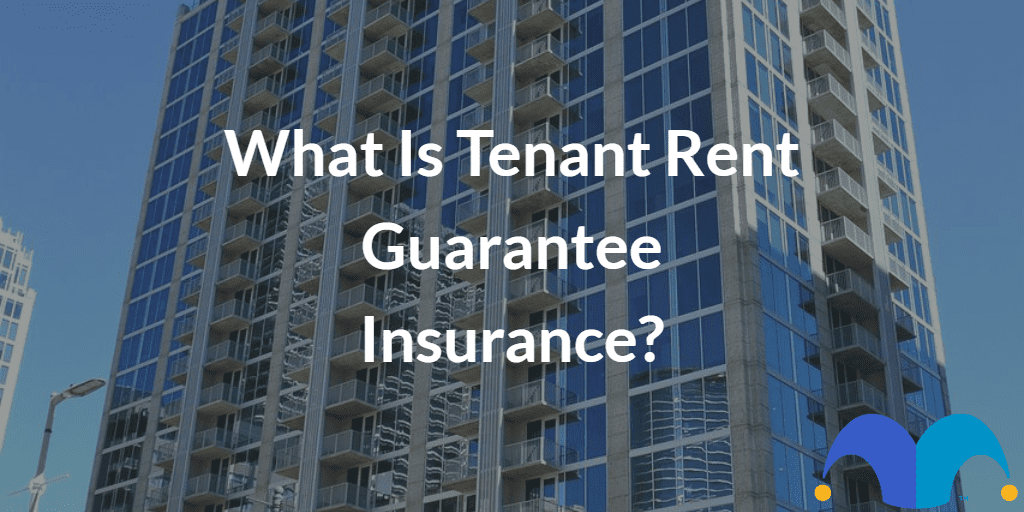Evidently, the pandemic has led to a rise in unemployment, which has affected people’s finances. More so, with furlough ending, there’s worry among landlords that some tenants might find it challenging to keep up with rent payments. If you’re a landlord, it might be time to consider tenant rent guarantee insurance. Here’s what you need to know.
Tenant rent guarantee insurance: what’s it all about?
Tenant rent guarantee insurance may also be referred to as rent protection insurance or landlords rent insurance. It is a policy that mainly covers monthly income in the event that tenants don’t pay rent. Such insurance can be a good idea, especially if you rely on monthly rental payments to pay the mortgage on the rental property.
The exact cover you get depends on your specific policy and the insurer. Keeping that in mind, rent guarantee insurance could also cover you for:
- Legal expenses, especially if you get into legal disputes with your tenants
- Accommodation costs if you’re seeking possession of a property you need to live in
- Storage costs
How does this type of insurance work?
Typically, insurance companies offer cover lasting the length of the tenancy agreement – six to 12 months. However, this doesn’t mean you’ll be able to claim the entire six to 12 months’ worth of rental payments. For this reason, it’s important to read and understand your policy.
Look out for conditions, limitations and exclusions to avoid encountering situations where you expect to be covered, but aren’t. An example of a limitation is the requirement to have held the policy for at least 90 days before you can make any claim.
You can pay an agreed premium either in monthly instalments or annually. The size of the premium you pay depends on:
- Property type
- Amount of rental income generated
- Level of cover (basic, standard or premium)
- Inclusion or exclusion of legal cover
Additionally, how much you can claim depends on the insurance company and your level of cover. It’s therefore wise to compare different companies for the best deal. An insurance comparison site could be a good starting point.
Who is eligible for tenant rent guarantee insurance?
Most insurers require that you have a tenancy agreement in place. They also require that your tenants have appropriate references from previous landlords, employers or managing agents. The insurer will usually subject your tenants to a credit check to determine whether they can take on the risk of insuring your tenants. If you meet these conditions and your tenants pass the insurer’s credit checks, you’re likely to be eligible.
However, depending on the insurer, you may also be required to have in place alternative ways of protecting your rent. For example, taking tenancy deposits and ensuring your tenants have a guarantor.
What isn’t covered by rent guarantee insurance?
There are various limitations, conditions and exclusions that will be highlighted in your policy. These vary depending on your insurer. However, in most cases, you might not be covered if you:
- Make a claim within the first 90 days of setting up your cover
- Fail to report rent default within the first 60 days
- Bring in new tenants or the circumstances of your existing tenants change and you fail to inform your insurer
It’s important to note that things covered by other insurance policies – for example, buildings insurance – aren’t covered by rent guarantee insurance.
